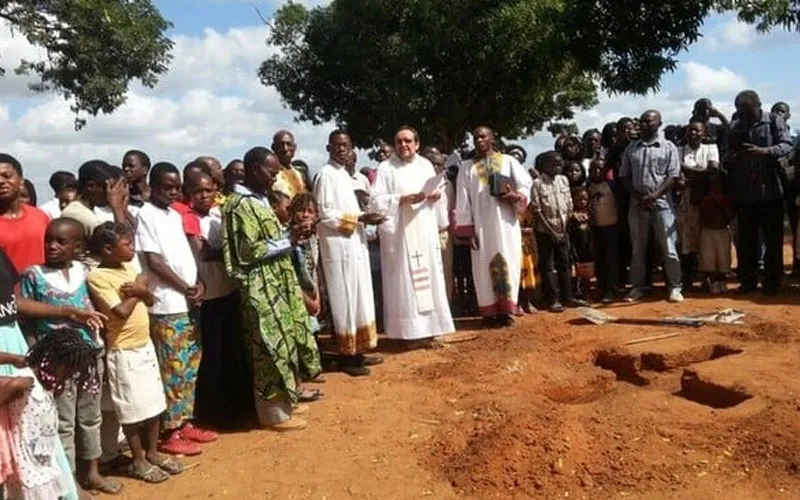Maputo, 13 December, 2021 / 10:30 pm (ACI Africa).
Catholic Pontifical and charity foundation, Aid to the Church in Need (ACN) United States, has sent out an appeal for help to construct a Church in Northern Mozambique to accommodate refugees who are arriving in the region in large numbers.
ACN notes that displaced people fleeing from violence in various parts of Cabo Delgado have arrived in Mahate, a slum on the Southern tip of the city of Pemba, in Northern Mozambique.
People arriving in the slum region have no place to worship, the Pontifical foundation says in a Wednesday, December 8 report.
“In addition to extreme poverty, hundreds of refugees have arrived in Mahate in recent months fleeing terrorist attacks in the north of the region. The neighborhood has a mostly Muslim population, but the parish is steadily growing, and already has more than 2,000 members, but without a church where they can meet,” ACN says.
“Aid to the Church in Need (ACN) has just agreed to help the parish build a church dedicated to Saint Charles Lwanga,” the Catholic charity foundation declares, and invites people willing to help Fr. Eduardo Roca, a Spanish Missionary working in Mahate, to be part of the initative.








